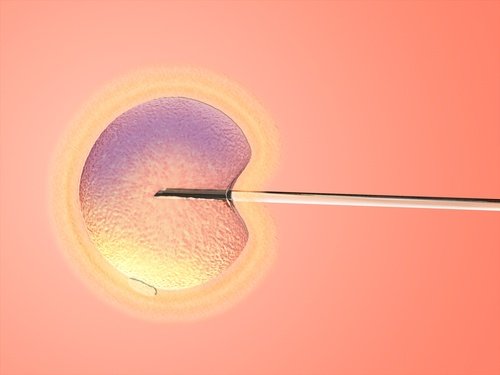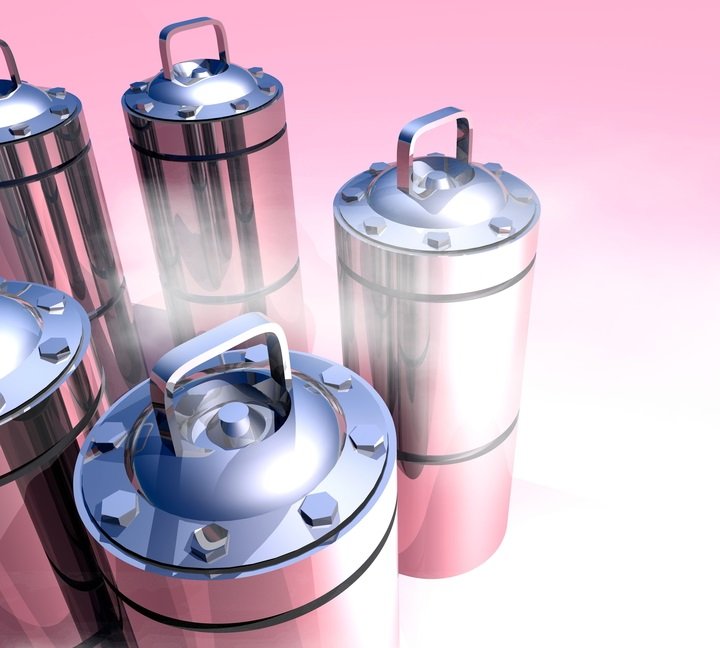Male Partner Requirements for IUI
Other than sperm preparation and uterine injection, artificial insemination ultimately relies on healthy sperm to fertilize an egg within the woman’s reproductive tract. Where the sperm count or shape is deficient, conception is more difficult.
The following sperm parameters are important to male fertility and must be evaluated prior to using the contemplated sample in artificial insemination:
- Sperm count (the number of sperm per cc)
- Motility (the percentage of sperm moving) of semen
- Sperm morphology (the shape of the sperm)
In Los Angeles County and throughout the State of California, blood tests are required to rule out the presence of certain infectious diseases that may be transmitted through artificial insemination.


Female Partner Requirements for IUI
Prior to artificial insemination via IUI, testing for the female partner must rule out any obvious conditions of infertility and must show normal ovulation, open fallopian tubes, and an otherwise normal uterine cavity.
Even if the woman has an ovulatory disorder, if she responds positively to fertility drugs, the IUI treatment can be timed to take place with controlled ovarian hyperstimulation (COH).
Women with endometriosis respond successfully to an IUI treatment as long as there is no distortion of the pelvic structures. Women with mild endometriosis typically are treated in the same fashion as women with unexplained infertility.
If a woman has severely damaged or blocked fallopian tubes, IUI will not be helpful and should not be considered as a fertility treatment option.
The Benefits of Artificial Insemination Via IUI
Success rates of intrauterine insemination (IUI) assisted by superovulation (from hormone treatments) range from 5 percent to 15 percent per cycle, depending on the age and reproductive health of the woman, as well as the condition of the man’s sperm.
Typically, three cycles of IUI are attempted and, if successful results are not achieved, your SCRC doctors will recommend more aggressive fertility treatments, such as in vitro fertilization (IVF).
Artificial insemination does not involve the collection of eggs from the woman’s uterus, nor does it require the administration of a general anesthetic, making it a much easier procedure to undergo – there are almost never complications as a result of the IUI procedure.
The IUI Procedure
The IUI procedure consists of five steps:
Step 1. Fertility drugs are administered to stimulate the growth of two to three eggs to maturity. Typically, Clomid® pills or gonadotropin injections are employed to nurture the growth of follicles, which cause ovulation to take place.
Step 2. Monitoring of the drug treatments is conducted to measure the growth of follicles and to control the drug doses based on the patient. Because fertility drugs can produce multiple eggs, monitoring is also needed to reduce the risk of multiple births. Blood tests, performed at our clinic offices are used to measure estrogen concentrations, and ultrasound is used to measure follicular development. Generally, the goal of an IUI treatment is to produce three to five mature follicles.
Step 3. When monitoring shows the maturity of at least two or three follicles, the patient receives an injection of the hormone hCG (human chorionic gonadotropin), also known as Ovidrel®, which will induce ovulation.
Step 4. Here, the actual artificial insemination (IUI) procedure is performed. On the morning of ovulation, a sperm sample is provided by the male partner, prepared for the IUI, and injected later the same day. With a very fine catheter, the washed and concentrated sperm sample is inserted through the cervix, high into the uterus of the woman. Comparable to a Pap test, the IUI procedure is fairly painless and uncomplicated.
Step 5. After the IUI procedure, pregnancy testing and early ultrasound monitoring are conducted at appropriate intervals.
Sperm Preparation/Gender Enhancement for IUI
Careful analysis of the semen is critical to successful IUI. A sperm sample is taken from the donor and analyzed for count, motility, and morphology. Additional steps can be performed to enhance the sperm for gender selection. The sperm is then prepared to ensure the highest probability of successful insemination and, through a special washing procedure, to increase the odds that a child of the desired gender will be conceived through IUI or IVF.
Donor Insemination
Pregnancy from donor sperm is another option. SCRC works with discreet, highly reputable sperm banks in the area, or you may use your own donor. Combined with IUI or IVF treatment, donor insemination provides a safe, reliable method for producing a pregnancy. We have several sources of screened donor sperm that you can discuss with our staff.
Artificial Insemination Cost
The price for an artificial insemination procedure using intrauterine insemination (IUI) will be considerably less than the prices of other infertility treatments. The cost is lower because the procedure is much less involved than most infertility treatments, such as IVF. Please call us or come and visit one of our fertility clinics if you are considering artificial insemination. We will be happy to discuss financing options available for artificial insemination as well as to assist you with any other questions you might have.
Having Trouble Conceiving?
Request a consultation with one of our fertility experts today!


